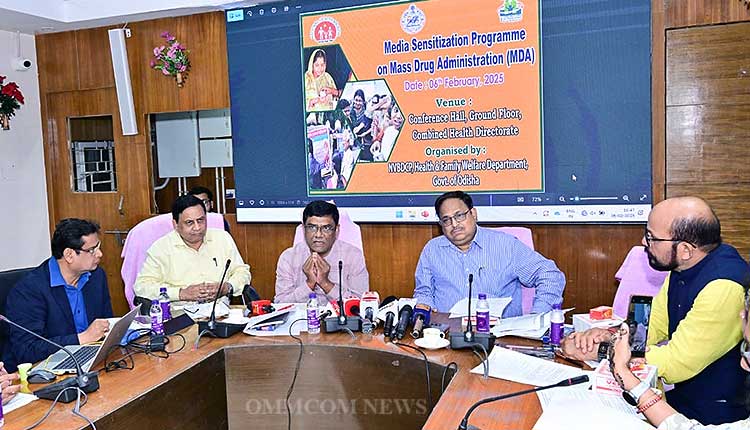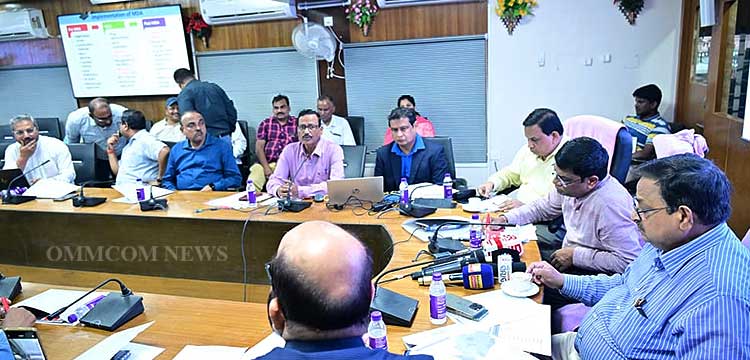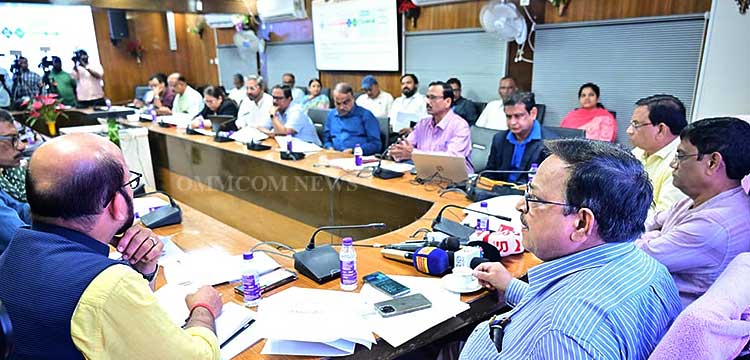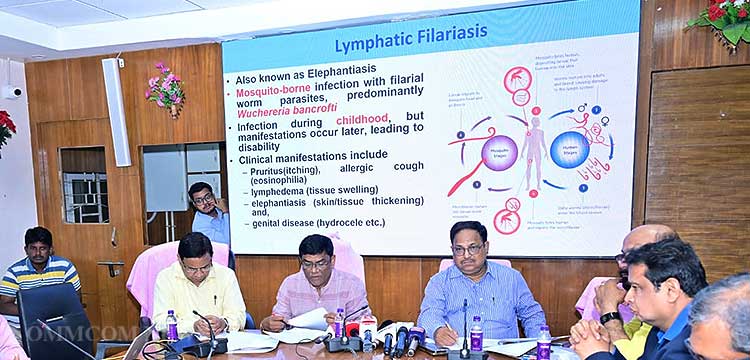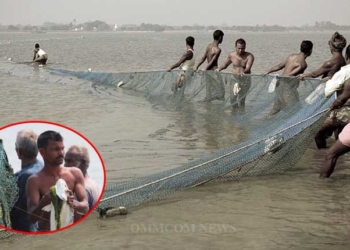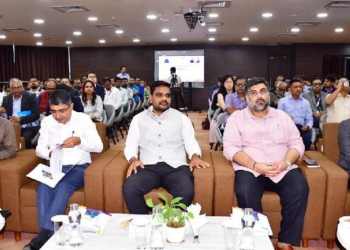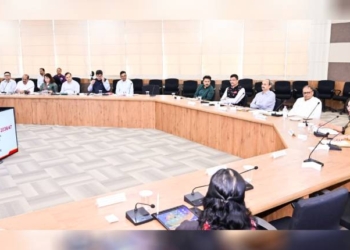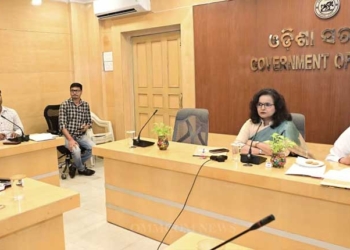Bhubaneswar: The Odisha Health and Family Welfare Department is set to conduct a Mass Drug Administration (MDA) campaign from February 10 to 19 across six endemic districts—Balangir, Kalahandi, Rayagada, Cuttack, Kandhamal, and Nayagarh—as part of its mission to eliminate Lymphatic Filariasis (LF).
In preparation for this, the department, in collaboration with Global Health Strategies, organized a state-level media sensitization workshop in Bhubaneswar to raise awareness about LF, its debilitating effects, and the importance of drug administration.
During the campaign, trained health workers will ensure that all eligible individuals in these districts take anti-filarial medication under supervision. Children below two years, pregnant women, and critically ill individuals are exempt from the dosage.
Special Secretary and Director of Health Services Dr. Bijay Kumar Mahapatra emphasized the need for widespread participation, stating that public representatives, officials, health workers, and the community must work together to make filariasis elimination a public movement.
Special Secretary Dr. Jitendra Kumar Bebarta further stressed that with the support of the community and the media, the disease can be eradicated and high drug consumption rates will help break the transmission cycle.
Director of Public Health Dr. Neelkantha Mishra explained that LF, a mosquito-borne disease, is one of the leading causes of long-term disability worldwide. It is often acquired in childhood and manifests in adulthood, leading to irreversible swelling of body parts if untreated. People with filariasis often suffer from conditions such as hydrocele (scrotal inflammation), lymphoedema (limb swelling), and chyluria (milky white urine).
He assured that anti-filarial drugs are extensively tested and safe, with rare side effects. To address any adverse reactions, Rapid Response Teams led by medical doctors will be deployed in each block.
India’s National Programme for Elimination of Lymphatic Filariasis follows a five-pronged strategy that includes mass drug administration to prevent transmission, morbidity management and disability prevention through home-based care and surgical interventions, integrated vector control, high-level advocacy involving multiple ministries such as Panchayati Raj and Urban & Rural Development, and the use of innovative digital platforms for surveillance and diagnostics.
According to Additional Director & State Program Officer (Vector Borne Diseases) Dr. Pravakar Sahu, the MDA campaign will cover 47 blocks across six districts.
In Balangir, Kalahandi, and Rayagada, a three-drug regimen consisting of DEC, Albendazole, and Ivermectin will be administered, while Cuttack, Kandhamal, and Nayagarh will follow a two-drug regimen with DEC and Albendazole. Around 15,000 trained drug administrators, including ASHAs, will visit households to ensure drug consumption for more than 37 lakh beneficiaries, with 1,500 supervisors monitoring the process to maintain quality and efficiency.
Joint Director (VBD) Dr. Shubhashisha Mohanty emphasized the importance of inter-departmental collaboration to ensure high coverage.
He stated that by working with various government departments such as Panchayati Raj, Education, Mission Shakti, and Women & Child Development, the state aims to achieve more than 90% drug coverage.
The workshop saw participation from senior government officials, WHO representatives, PCI, Rotary International, and Global Health Strategies, all reaffirming their commitment to eradicating Lymphatic Filariasis from Odisha.




